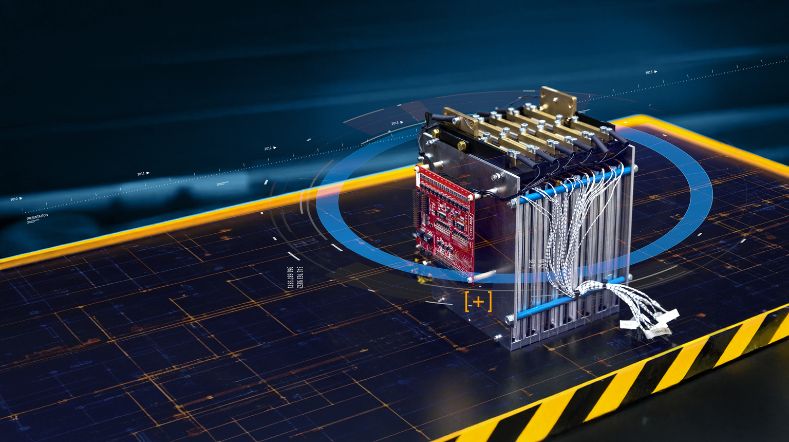Addressing elevated vehicle emissions in Flanders
A novel study for the Flemish Environmental Agency on vehicle emissions has been carried out by TNO, together with partners Vrije Universiteit Brussel in Belgium and, in part, HEAT in the USA. In the first part of this study an analysis of the EU and Belgian legal framework was performed. This was used to determine the possible strategies that the Flemish Environmental Agency can implement to detect and address problems with vehicle emissions.
Remote sensing to detect and prevent elevated emissions of road vehicles
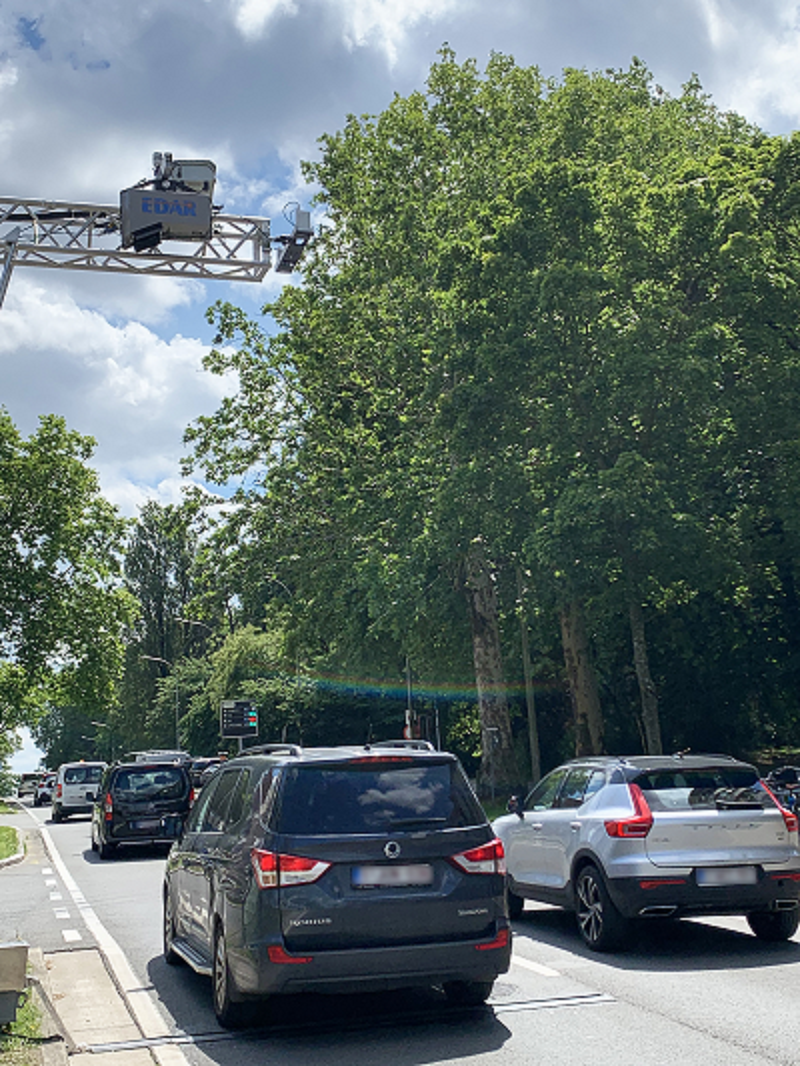
In the second part of the study, a remote sensing system, developed by HEAT, was used to measure the on-road emissions of a large sample of vehicles. Measurements were performed at 5 locations in Flanders and this was the first time such measurements were performed under highway conditions. Many new insights into the on-road emission performance of vehicles were gained and the main conclusions were:
- A small group of vehicles with high emissions account for a disproportionate share of total emissions.
- Remote sensing can effectively detect problems (manipulations, failures, maintenance problems) with exhaust after-treatment systems, which increases the effectiveness of police and inspection tasks.
- Using a remote sensing system during roadside checks can substantially increase the detection rate of emission problems.
- Detecting problems with diesel exhaust after-treatment systems using remote sensing is most effective on highways where emission levels are normally low.
- Remote sensing campaigns conducted in the past on urban and rural roads do not provide a complete picture of vehicle emissions performance.
- The effect of ambient temperature on vehicle emissions is limited and observed differences can be traced back to rush hours in the morning and afternoon as underlying cause.
Get inspired
Fuel cells crucial for decarbonising heavy-duty transport and non-road machinery
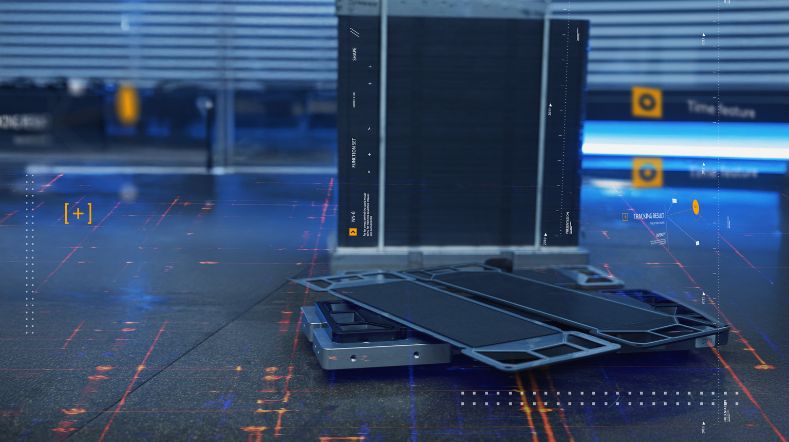

Health of electric bus batteries now measurable on-site via charger
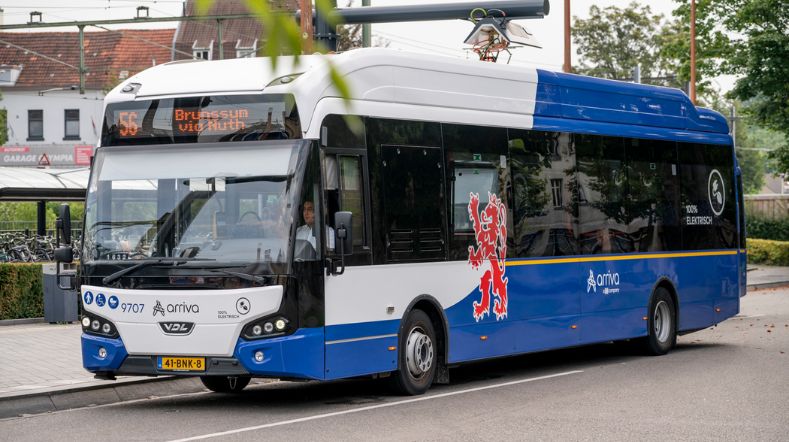

Demonstrations of automated driving and charging for logistics at Maasvlakte
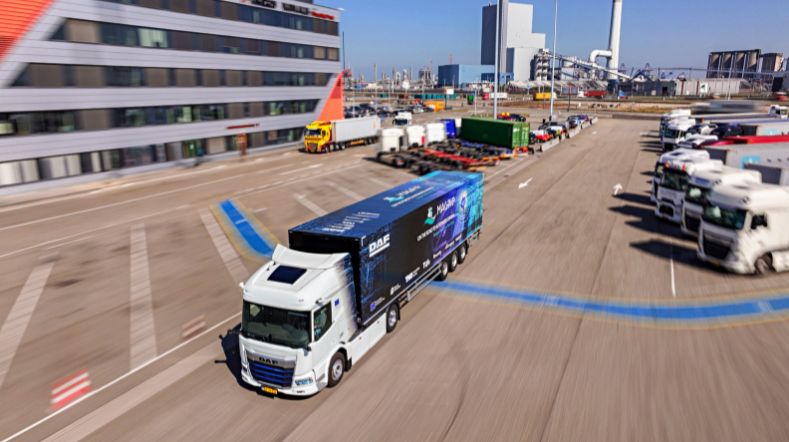

Transition co2 neutral mobility 2050

TNO accelerates electrification of logistics and construction through a deeper understanding of batteries
